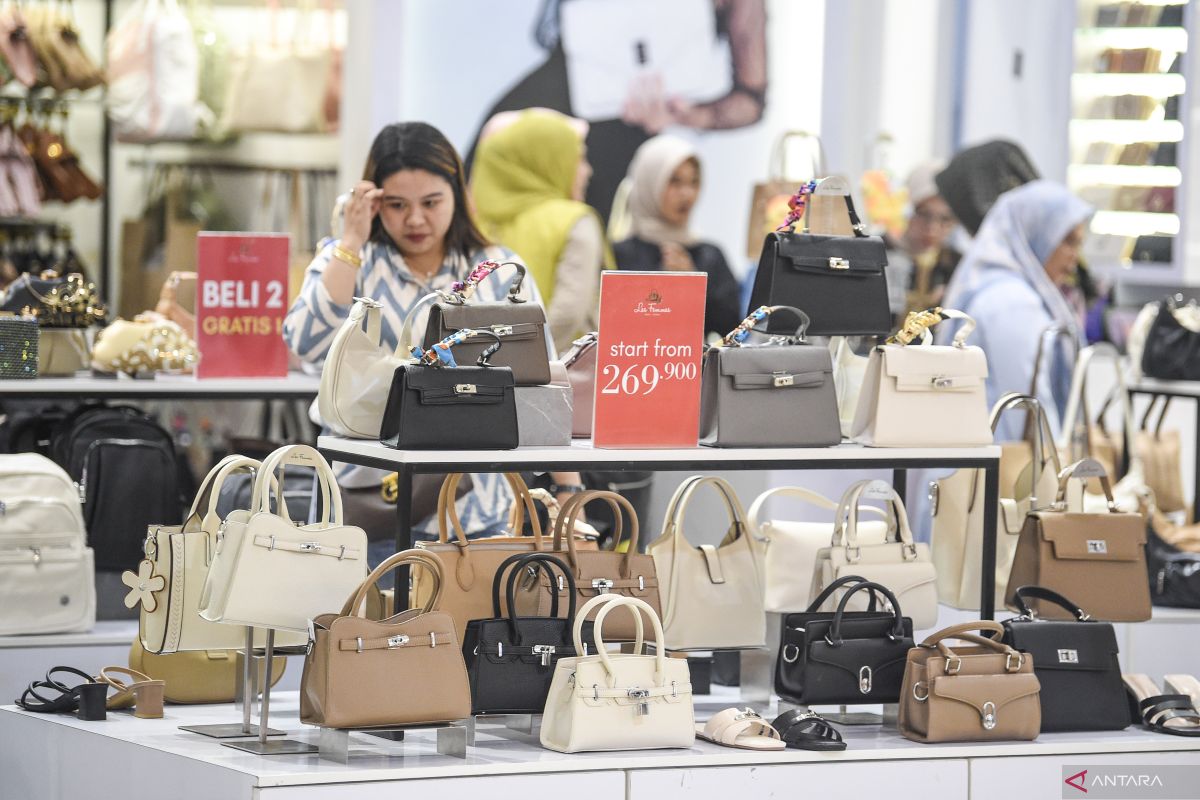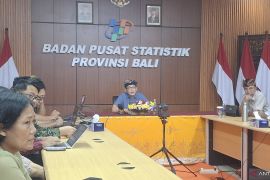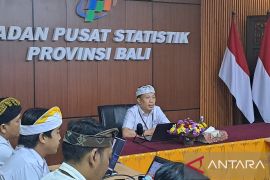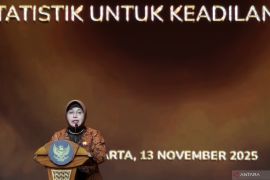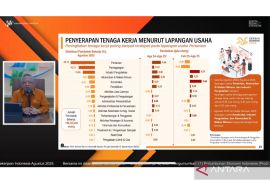Such groups have caught public notice of late, deputy for social statistics at the BPS, Ateng Hartono, noted here on Friday.
“Could be for refreshing, or because there is economic pressure, particularly on those (considered) to be in vulnerable classes; hence, they went to visit malls without buying anything and so on,” he explained.
According to the 2025 National Socio-Economic Survey, the consumption of the upper classes has begun to slide. However, as this tendency has been confined to some groups, it has not affected the dynamics of poverty.
Hartono said that the rojali phenomenon could be a signal for policymakers to also pay attention to ensuring the purchasing power and economic stability of the lower-middle class, besides reducing poverty.
“It needs to be studied, whether this rojali phenomenon is exclusively on (limited to) the upper class, middle, vulnerable, or even the poor. We have yet to survey rojali,” he added.
According to Trade Minister Budi Santoso, window-shopping is not a new phenomenon in malls.
Nowadays, people have the option of buying items online and offline, he said. Some people tend to visit malls to check a product’s quality in person, and then buy it online later, he added.
“We are free, no. I say we are free, whether to buy online, buy offline. It’s been like that for ages,” he said here on Wednesday.
Moreover, chairperson of the Association of Indonesian Malls (APPBI), Alphonzus Widjaja, said that the window-shopping phenomenon is expected to die out once people’s purchasing power improves.
“I think it won’t last. Government now has given plenty of stimulus, policies to improve purchasing power,” Widjaja added.
Related news: US tariff cut to boost Indonesia's economy: DEN
Related news: Sri Mulyani urges inclusive global finance reform at G20
Translator: Rizka Khaerunnisa, Mecca Yumna
Editor: Aditya Eko Sigit Wicaksono
Copyright © ANTARA 2025
